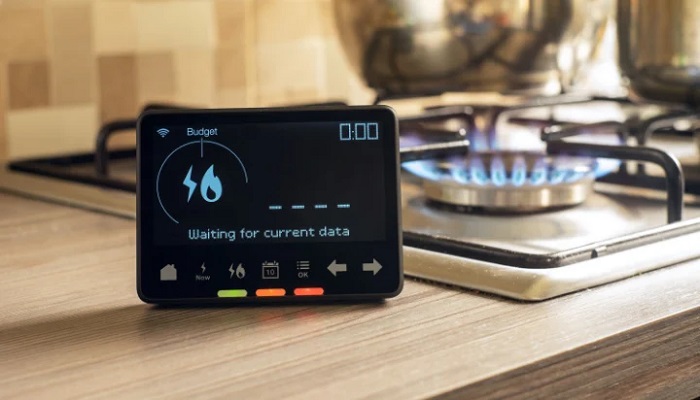It is worth noting that more than 30 million smart meters happen to be now connected to Britain’s national smart meter network, as reported by the Data Communications Company- DCC.
The 30 millionth meter happened to be connected to the network at midday on March 1 by E.ON.
With an average daily connection rate that happens to be approaching almost 16,000, the connection number is indeed growing apace and corresponds to more than 18 million homes, or almost 70% of all homes now getting connected.
As per the CEO of the DCC, Angus Flett, reaching 30 million connected smart meters in more than 18 million homes is yet another landmark milestone as far as pursuit of their purpose so as to make Britain more connected so one can all lead smarter, greener lives is concerned.
The director of Smart Field Connections at E.ON, Gill Baker, says that the company is indeed delighted to have fitted the 30 millionth smart meter.
He adds that they are equally proud to have fitted over five million others before the present one and are also pleased to be part of this extraordinary milestone when it comes to the energy system of Great Britain.
It is worth noting that the smart meter network happens to be considered a critical part in terms of nation’s energy infrastructure and also quite a significant platform for digitalizing the power grid, helping with real-time data delivery to customers, network operators, as well as suppliers.
With its usage, the DCC goes on to estimate a current CO2 savings of 1.125Mt every year.
DCC work programme
To advance its usage, a range of initiatives happen to be currently underway by the DCC, of which one of the major is the migration of over 15 million first-generation SMETS1 smart meters to the network.
It is well to be noted that as of November 2023- the last data that’s available- around 11.6 million SMETS1 meters happened to be connected to the network.
In close proximity is the central switching service, which is aimed at reducing supplier switching to five working days as well as subsequently to 24 hours.
Specifically, the Enduring Change of Supplier- ECoS programme happens to be aimed at elevating the security of a switch, due to the essential component, which is the replacement of a key on the smart meter. Interestingly, the migration right from the previous programme to the ECoS happens to be at present underway and is due for its completion in Q2 2024.
The third main initiative happens to be the rollout of dual-band communications hubs, which are intended to help smart meters communicate within buildings like apartment blocks or with thick walls within which communication is not possible with single band hubs. This accounts for around 25% of British households.
These hubs make use of the 2.4GHz frequency of the single band hubs and also a HAN frequency of 868MHz and are most likely to open up the advantages of smart meters to such households.
It is well to be noted that more updates on Britain’s smart meter rollout are indeed anticipated with the government’s annual review for the 2023 release, which is going to be included with the March release of the quarterly update.




































